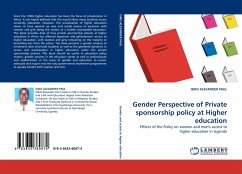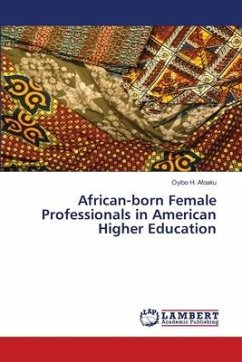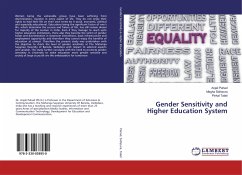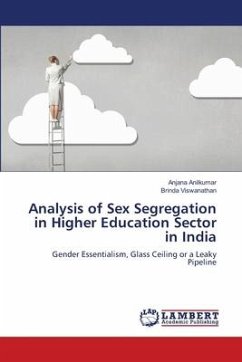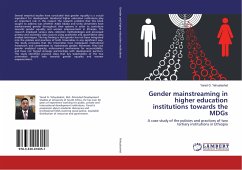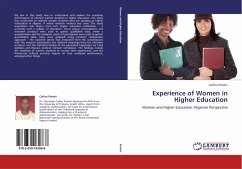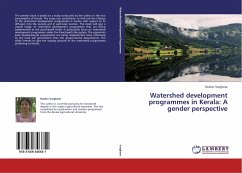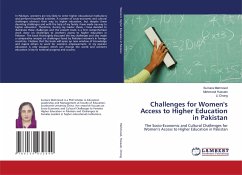Since the 1990s higher education has been the focus of privatization in Africa. It was highly believed that this would allow many students access university education. However, this privatization of higher education seems to have opened up new and subtle arenas of exclusion with women and girls being the victims of a further inaccessible education. This book provides data of how private sponsorship policies at higher education in Africa has affected boys/men and girls/women's access to higher education, with women and girls remaining on the margins or benefiting less from the policy. The book presents a gender analysis of enrolment rates of private students as well as the gendered dynamics in access and participation in higher education under the private sponsorship policies. This book should be useful to education policy makers, gender activists in the education sector as well as professionals and academicians in the areas of gender and education to revisit, advocate and inquireinto the way governments implement programmes to equally benefit both women and men.
Bitte wählen Sie Ihr Anliegen aus.
Rechnungen
Retourenschein anfordern
Bestellstatus
Storno

